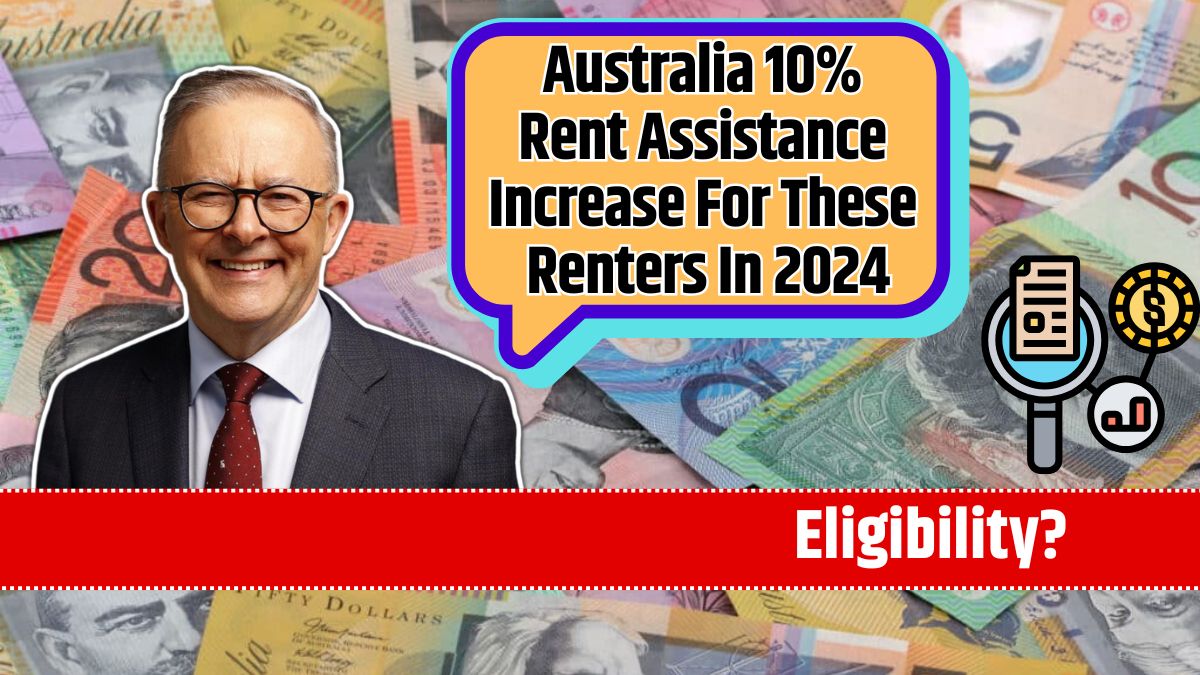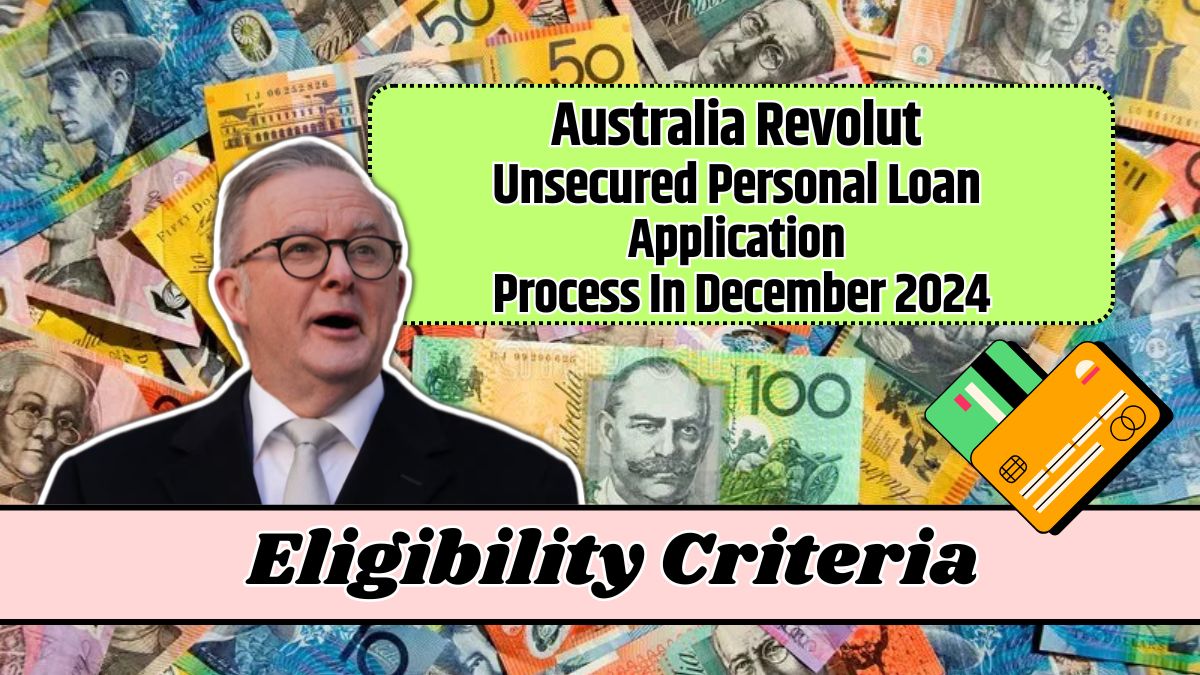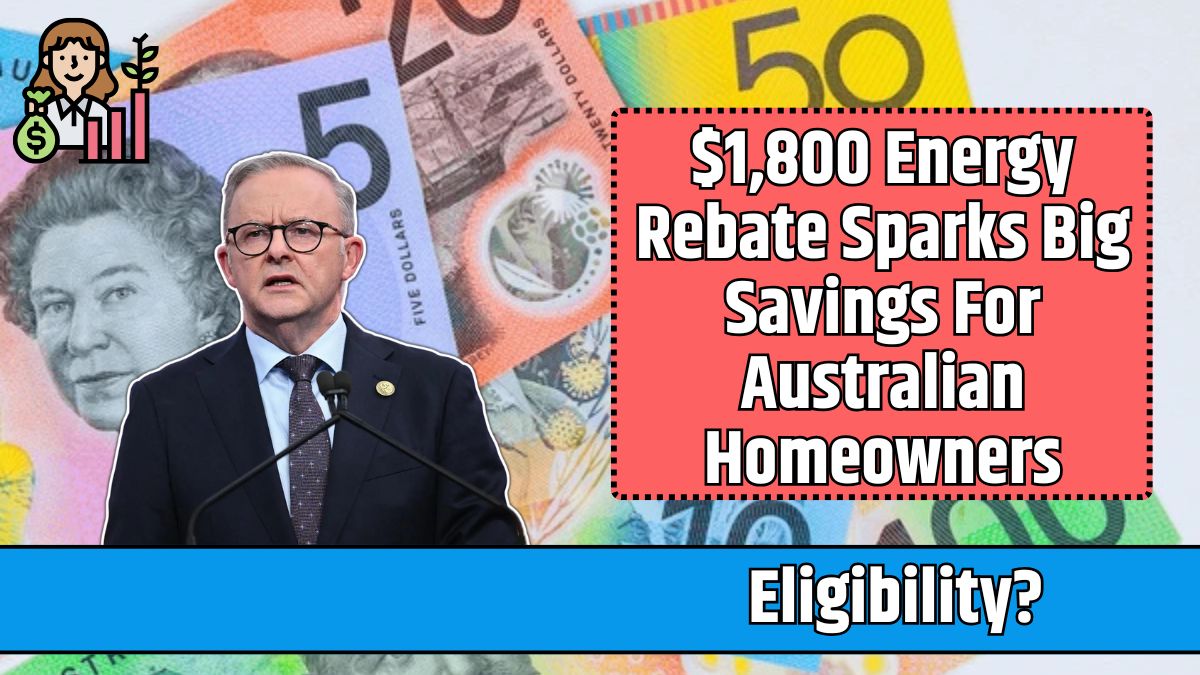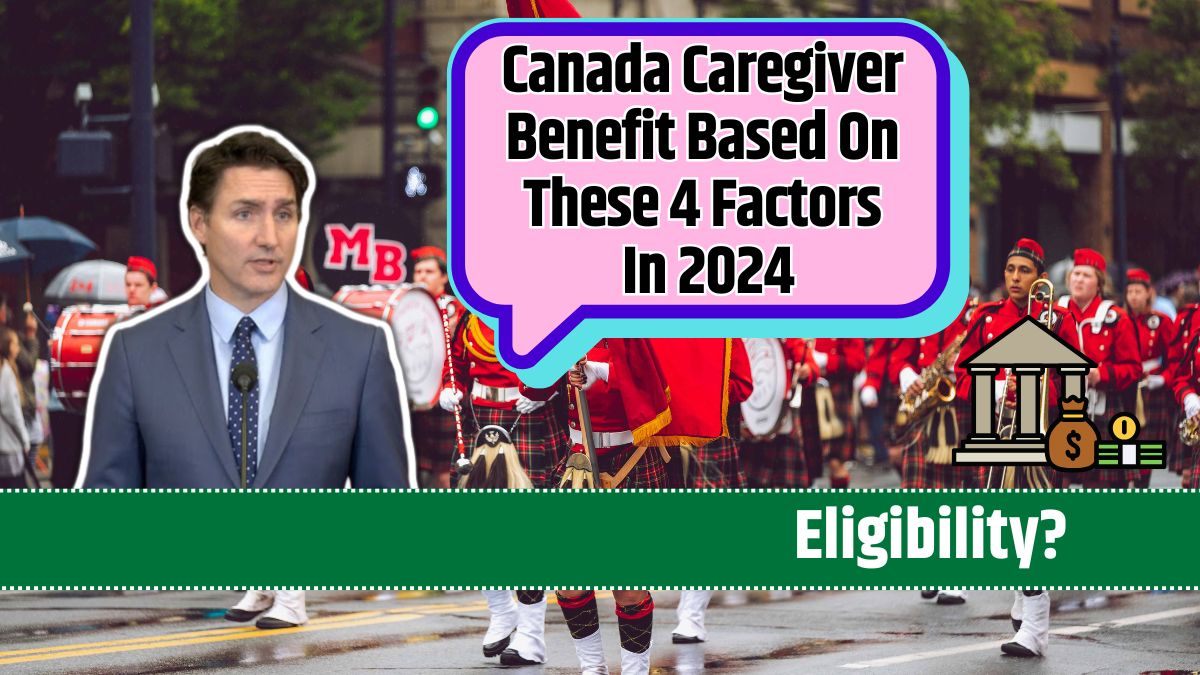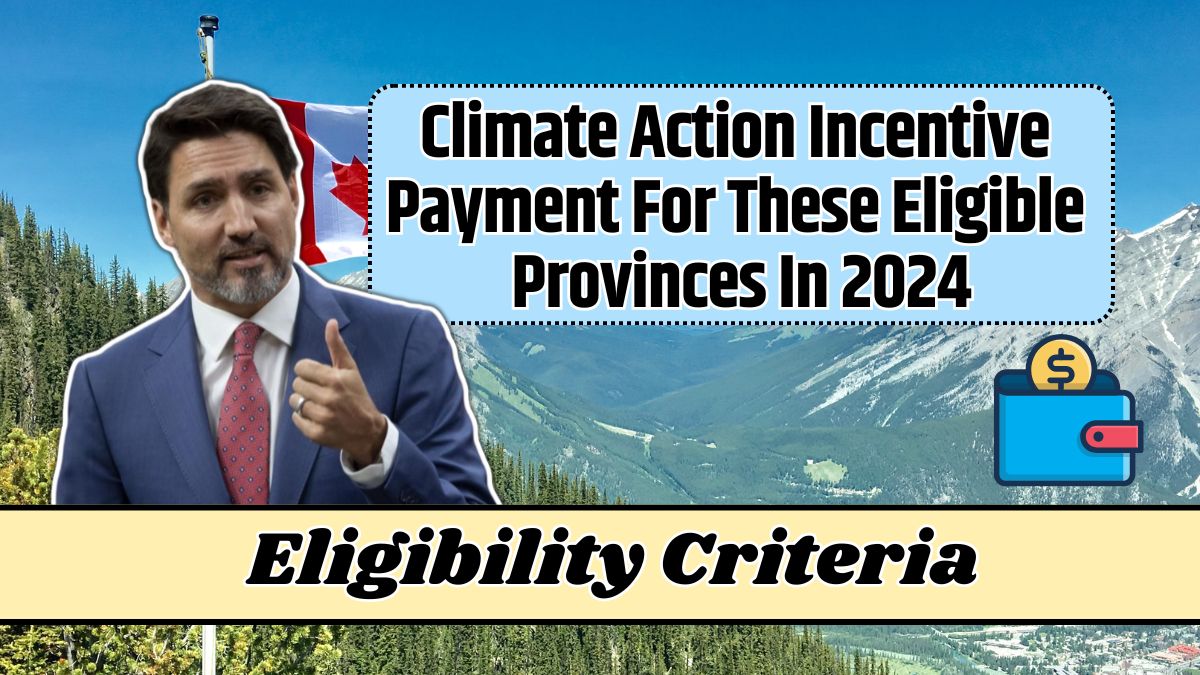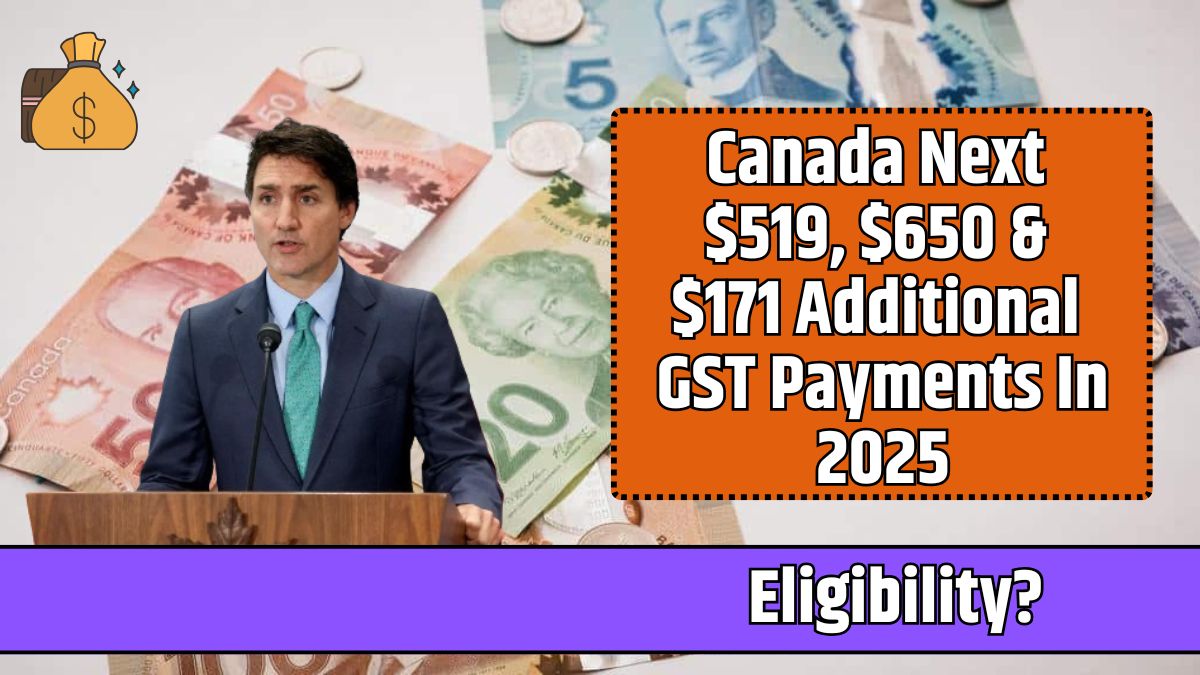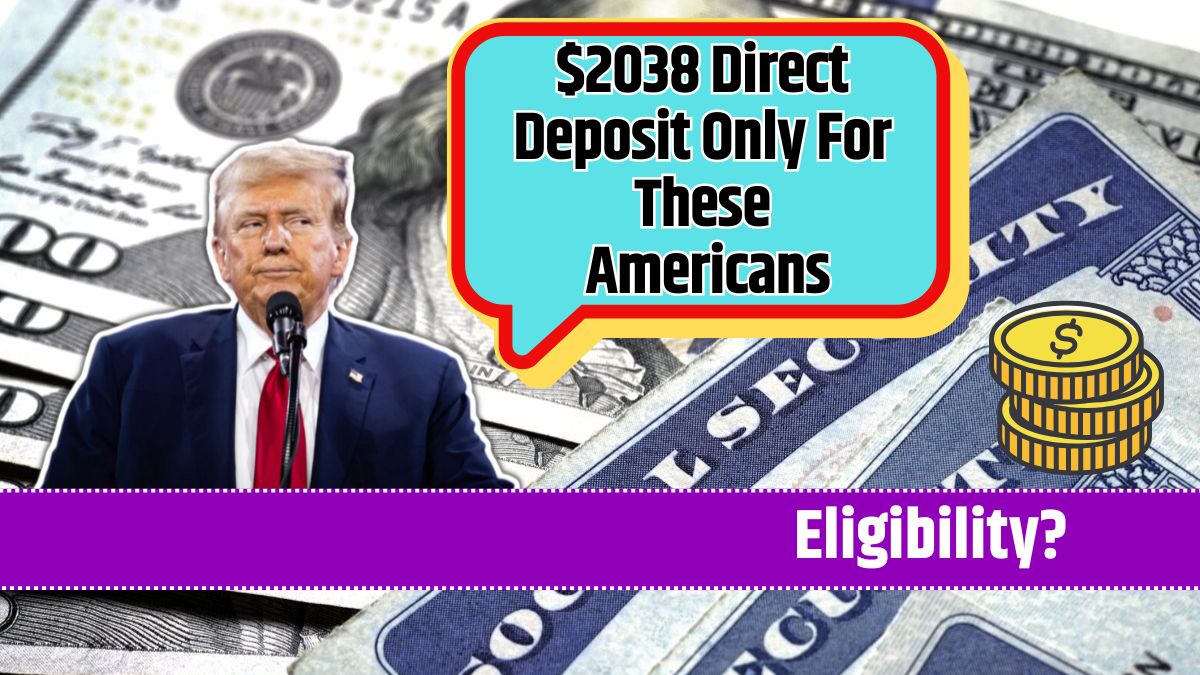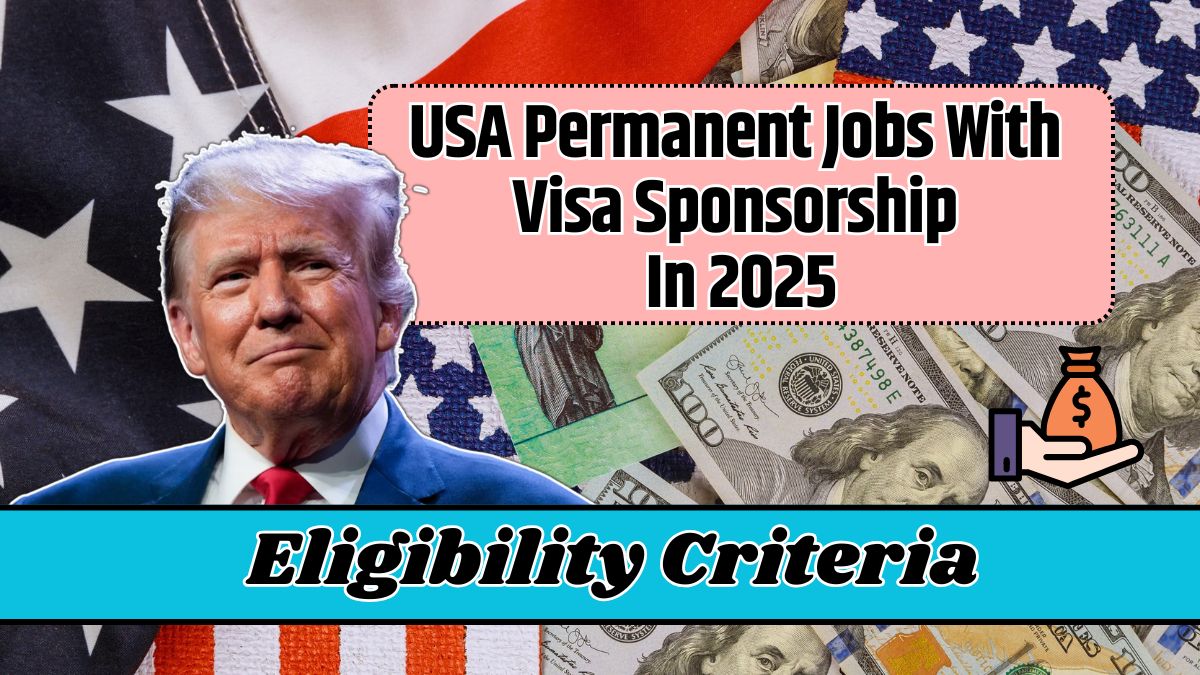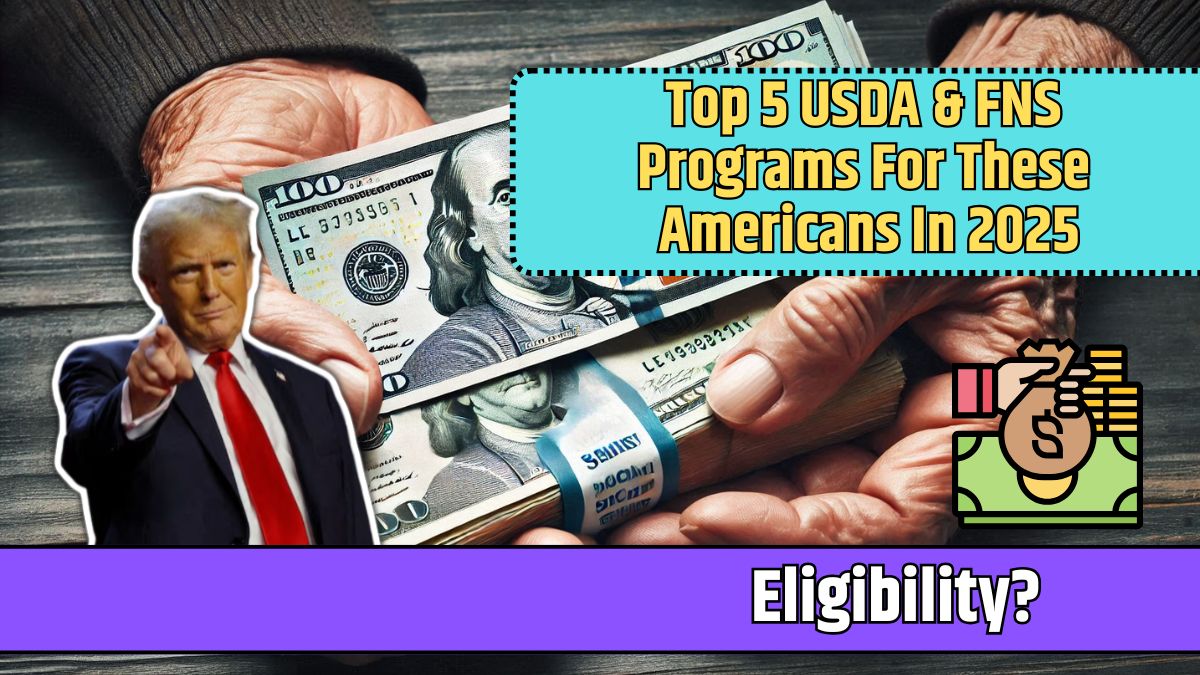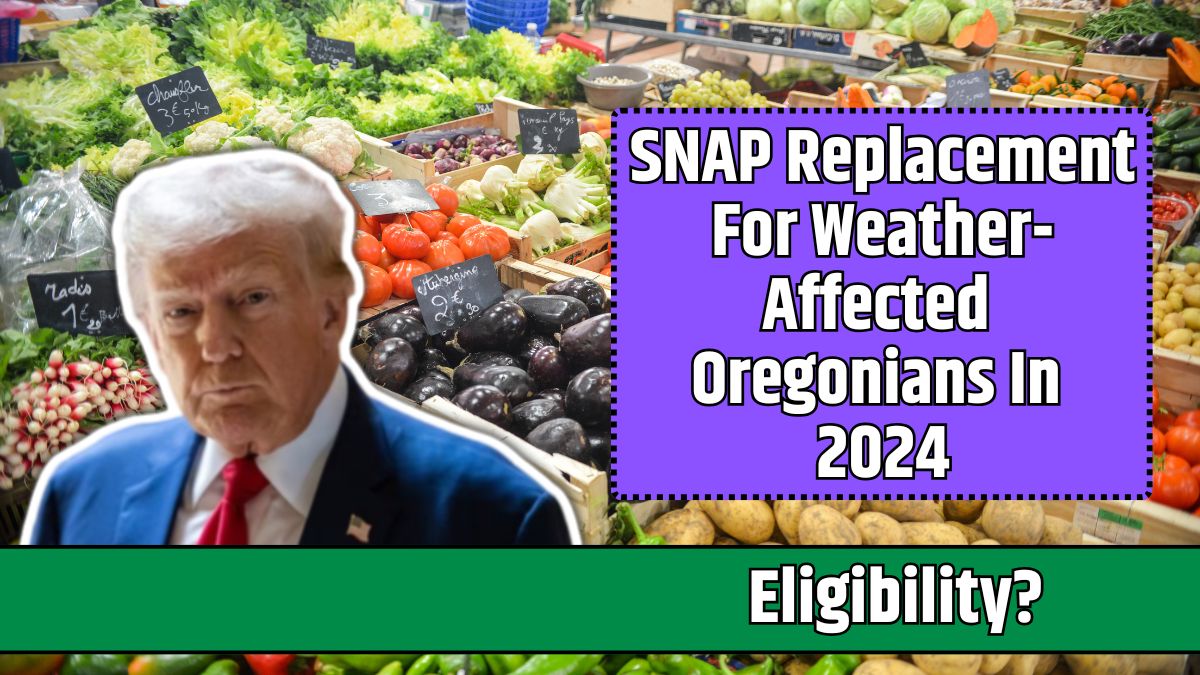In recent months, the buzz about a rumored $800 stimulus check has made waves across social media and news outlets. Many claim this payment is aimed at providing much-needed relief to low-income households.
However, is there any truth to these reports? Let’s dig into the details, uncover the facts, and explore available alternatives for financial assistance.
The Rumored $800 Stimulus Check
Who Might Qualify?
According to speculation, the rumored $800 stimulus payment would target individuals earning up to $75,000 annually and married couples with combined incomes up to $150,000. Dependents might also qualify for extra payments, much like prior federal stimulus checks.
However, there’s a crucial catch: no official confirmation exists regarding such a program. The Internal Revenue Service (IRS) and federal government have issued no statements supporting these claims. Instead, federal officials have ruled out additional stimulus checks for the foreseeable future.
A Look Back: Federal Stimulus Payments
To understand why the $800 check seems unlikely, it helps to review past federal stimulus initiatives.
| Stimulus Round | Amount | President | Purpose |
|---|---|---|---|
| First Stimulus | $1,200 | Donald Trump | Emergency pandemic relief |
| Second Stimulus | $600 | Donald Trump | Continued pandemic relief |
| Third Stimulus | $1,400 | Joe Biden | Support households amid pandemic’s economic impact |
These payments were issued during the pandemic to mitigate widespread financial challenges. However, no fourth federal stimulus has been introduced since, and none appear likely under current economic conditions.
State-Level Stimulus and Assistance
While the federal government is not issuing new checks, certain states have stepped in to offer localized relief. These state-level programs often focus on specific groups, such as:
- Low-income households
- Essential workers
- Families with children
Examples of State Initiatives
- California: Tax rebate programs, such as the Golden State Stimulus.
- Colorado and New Mexico: One-time direct payments to qualifying residents.
- Other States: Utility assistance, housing aid, or food subsidies in response to local economic challenges.
If you’re seeking support, check with your state’s official government website for details on eligibility and application processes.
What the IRS and Federal Government Say
The IRS has publicly denied the existence of any new federal stimulus check, including the rumored $800 payment. President Biden’s administration has also redirected its focus to broader economic policies, such as combating inflation and job creation.
Given these facts, any claims about new federal stimulus programs should be approached with caution, especially if they originate from unofficial sources or social media platforms.
Practical Steps for Financial Assistance
If you’re facing financial difficulties, here’s how you can seek help:
- Explore State Assistance Programs: Look into state-specific initiatives, such as tax credits, rental aid, or utility subsidies.
- Verify Claims: Use trusted resources like the IRS website or your state government’s portal to confirm information.
- Beware of Scams: Be cautious of fraudulent schemes posing as relief programs. The IRS will never ask for personal or banking information via phone or email.
- Access Community Resources: Nonprofits and community organizations often provide food assistance, emergency grants, or counseling for those in need.
Why New Federal Stimulus Payments Are Unlikely
The current economic landscape differs significantly from the height of the pandemic when stimulus payments were issued. While many Americans still face financial strain, federal officials have shifted their priorities to:
- Addressing inflation
- Supporting job growth
- Implementing long-term economic reforms
With these goals in mind, additional broad-based federal relief payments remain improbable.
Bottom Line
The idea of an $800 stimulus check has generated significant attention, but there’s no credible evidence to support these claims. Both the federal government and the IRS have confirmed that no such program exists.
Instead, those in need should explore state-level assistance or localized relief initiatives. By relying on official sources and staying vigilant against misinformation, you can make informed financial decisions and access the support you need.


